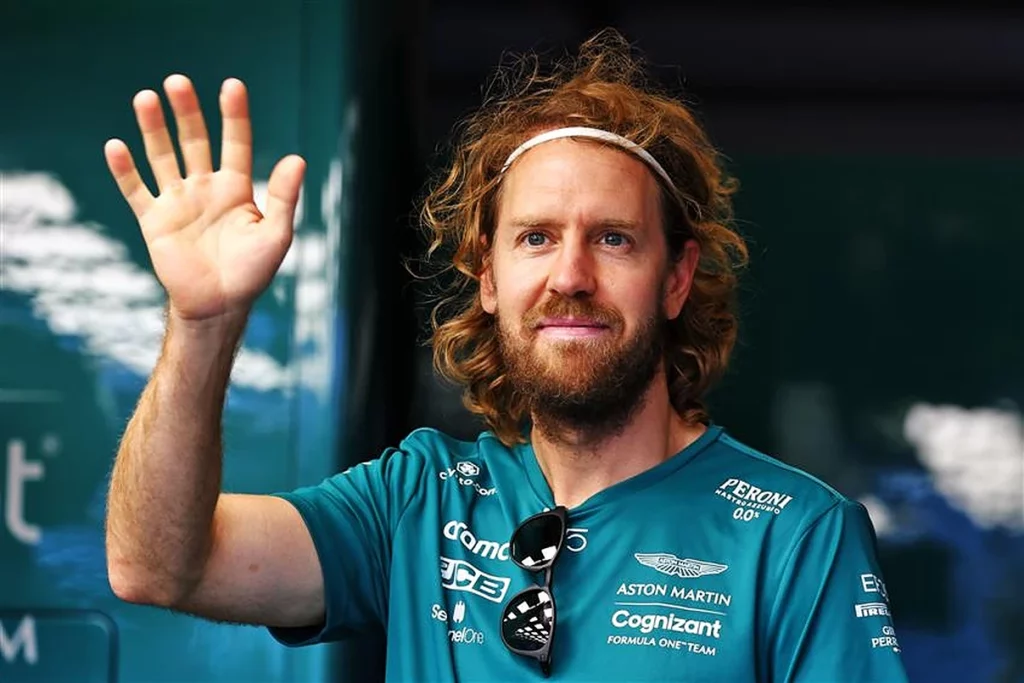Sebastian Vettel has withdrawn from his position as a director of the Grand Prix Drivers’ Association (GPDA), as the organisation downsizes its chief representatives from four to three.
Vettel, a four-time world champion, held this role since 2010, significantly contributing to amplifying the voices of Formula 1 (F1) drivers.
Established in 1961, the GPDA serves as the trade union for F1 drivers.
It was reinstated following its disbandment in 1982, in response to the tragic death of Ayrton Senna in 1994, by a collective including Niki Lauda and Michael Schumacher.

READ: Pierre Gasly makes shock claim about Lewis Hamilton joining Ferrari
Although membership in the GPDA is voluntary, all 20 current drivers have been enlisted since 2017. Since 2021, Alexander Wurz, Anastasia Fowle, George Russell, and Vettel have served as directors for the organisation.
Chairman Wurz clarified in an interview with PlanetF1, “Sebastian has withdrawn from his active directorial role.
“Nonetheless, he remains a pivotal figure in the GPDA and its history.
“We welcome his participation in our discussions.” Wurz added, “The GPDA operates with three directors, a structure consistent with most of its history.
The number of directors does not affect decision outcomes as each member holds an equal vote.”
Despite reducing his involvement with the GPDA, Vettel continues to maintain connections within the F1 community.
He made an appearance at the Japanese Grand Prix in 2023, much to the delight of fans and fellow drivers.
Regarding a potential return to F1, Vettel remains open-minded.
READ: Mick Schumacher to replace Lewis Hamilton in 2025
In an interview with Sky Sports last season, he stated, “I cannot definitively rule it out because the future is uncertain.
“Many drivers initially declined such possibilities, yet eventually returned.
“While I do not currently contemplate it, circumstances and challenges may alter this perspective.”

